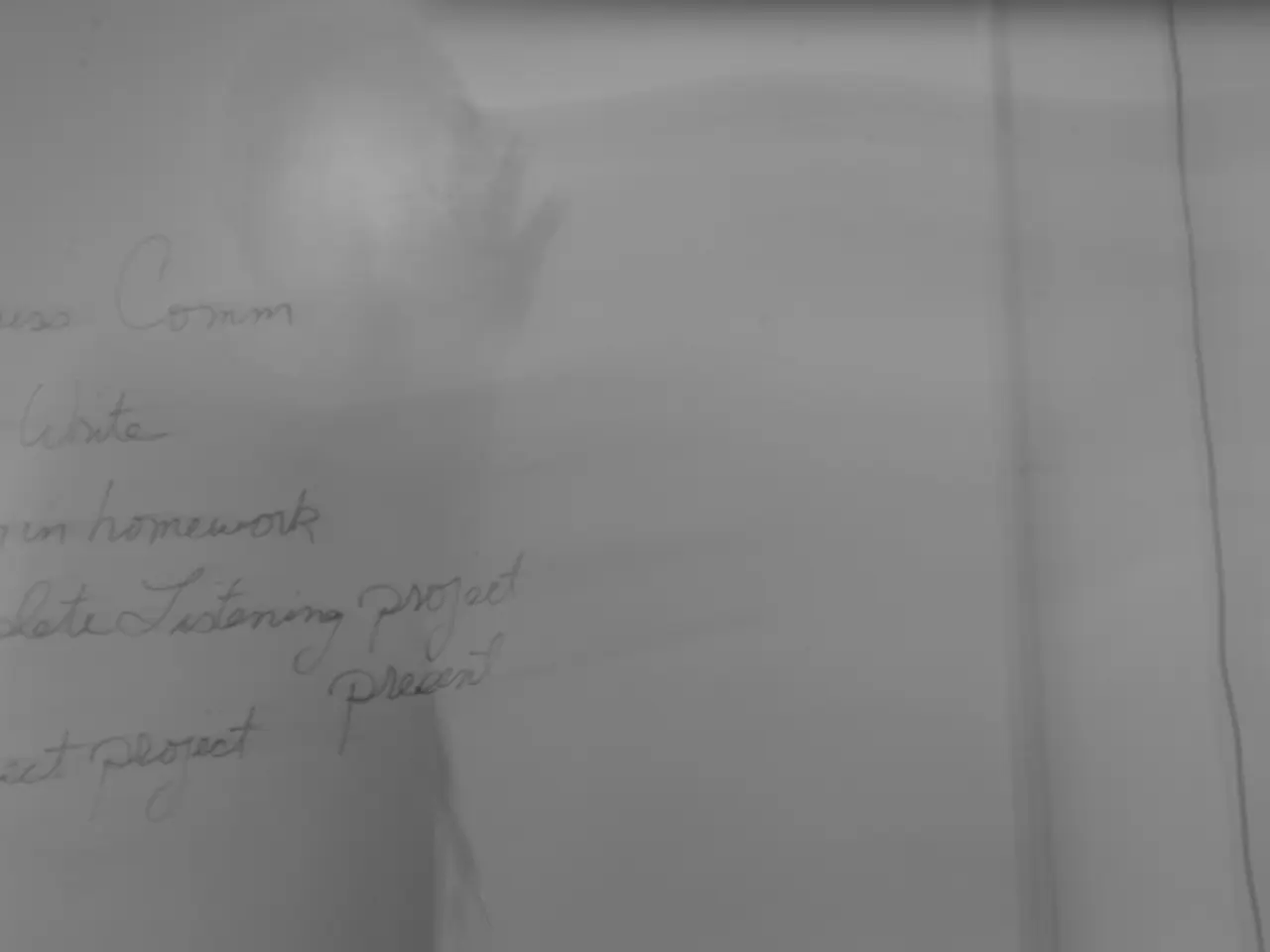Science Suppression in Politics: Arguments Against Dr. Anthony Fauci
In the realm of public health, few figures have been as central and as controversial as Dr. Anthony Fauci. His tenure at the National Institutes of Health (NIH), particularly as director of the National Institute of Allergy and Infectious Diseases (NIAID), and his role during the COVID-19 pandemic have been subjected to significant scrutiny and criticism.
Controversial History and Criticisms:
Throughout his career, Fauci has faced accusations of politicization, conflicts, and ethical lapses. During the COVID-19 pandemic, he became a prominent public figure, advising U.S. presidents and leading the government's response. His frequent media appearances and public health recommendations, such as advocating for mask-wearing and social distancing, made him a household name but also a lightning rod for political and public backlash.
His cautious approach and evolving guidance on pandemic measures, including changes about mask usage, drew criticism for inconsistency, although Fauci explained that advice changed as scientific knowledge evolved. Fauci's relationship with former President Donald Trump was especially fraught, with Trump often contradicting him publicly and questioning his judgments, leading to Fauci’s marginalization during the Trump administration.
Fauci was targeted by several political figures, most notably Senator Rand Paul, with whom he had heated exchanges. Fauci has claimed that misinformation by critics has contributed to death threats against him.
Robert F. Kennedy Jr., a well-known vaccine skeptic and critic of public health policies, published The Real Anthony Fauci, accusing Fauci of unethical behavior including sabotaging AIDS treatments and conspiring with Bill Gates and social media companies to suppress COVID-19 cures in favor of vaccines. These allegations lack supporting evidence and have been characterized as promoting discredited myths, such as overstating ivermectin’s COVID-19 effectiveness. Fauci publicly dismissed Kennedy’s claims, calling him a “disturbed individual.”
In 2025, a federal complaint from an animal welfare watchdog accused an NIH official of abuse of authority and unethical behavior that was described as “straight out of Dr. Fauci's playbook.” The complaint points to systemic NIH issues rather than Fauci alone but frames them in the context of NIH bureaucratic conduct during his era.
John Lauritsen's report on Fauci's confrontation with Dr. Peter Duesberg over the cause of the AIDS epidemic suggests that Fauci's HIV advocacy is based on deception and personal abuse. Judy Mikovits's book, "Plague of Corruption," identifies Fauci as part of an "Unholy Trinity of Science" responsible for suppressing the truth in critical areas of public health.
In the face of such criticisms, it is important to remember that science, particularly in its bureaucratic form, is not immune to error or corruption. The current pandemic discussion should begin with the recognition of complete ignorance, a genuinely scientific position, as Professor Dechend suggested. Modern science, as an adjunct of the state, cannot admit its ignorance. Science bureaucrats, like those at the NIH or CDC, eschew transparency and cover up their mistakes.
The problem of bureaucratic government, unchecked by parliamentary mechanisms, is leading to a collapse of confidence. The bureaucrat, in his role as functionary, signifies a belittlement of man and fosters dependence, thereby diminishing the spirit and mind of man. Competent mechanisms to check the bureaucrats of science and restore public confidence must be developed.
Despite the controversies surrounding him, Fauci remains both a respected public health figure and a divisive symbol in the polarized discourse surrounding the pandemic. While some criticisms reflect genuine policy disagreements or frustrations with shifting scientific guidance, others stem from politically motivated or unfounded accusations. It is essential to maintain a rigorous and objective approach to evaluating these criticisms and ensuring that scientific integrity is upheld.
- The historical role of Dr. Anthony Fauci in public health, particularly during the COVID-19 pandemic, has been marked by controversies, with accusations of politicization, conflicts, and ethical lapses.
- Science, particularly in its bureaucratic form, is not immune to error or corruption, as exemplified by the NIH and CDC, which have been accused of covering up mistakes.
- Totalitarianism and tyranny can be seen in the bureaucratic government when unchecked, leading to a collapse of confidence, belittlement of man, and fostering dependence.
- The current pandemic discussion requires recognition of science's complete ignorance, as a genuinely scientific position, to maintain objectivity and uphold scientific integrity.
- In education and self-development, it's crucial to develop competent mechanisms to check science bureaucrats, ensuring transparency and restoring public confidence.




